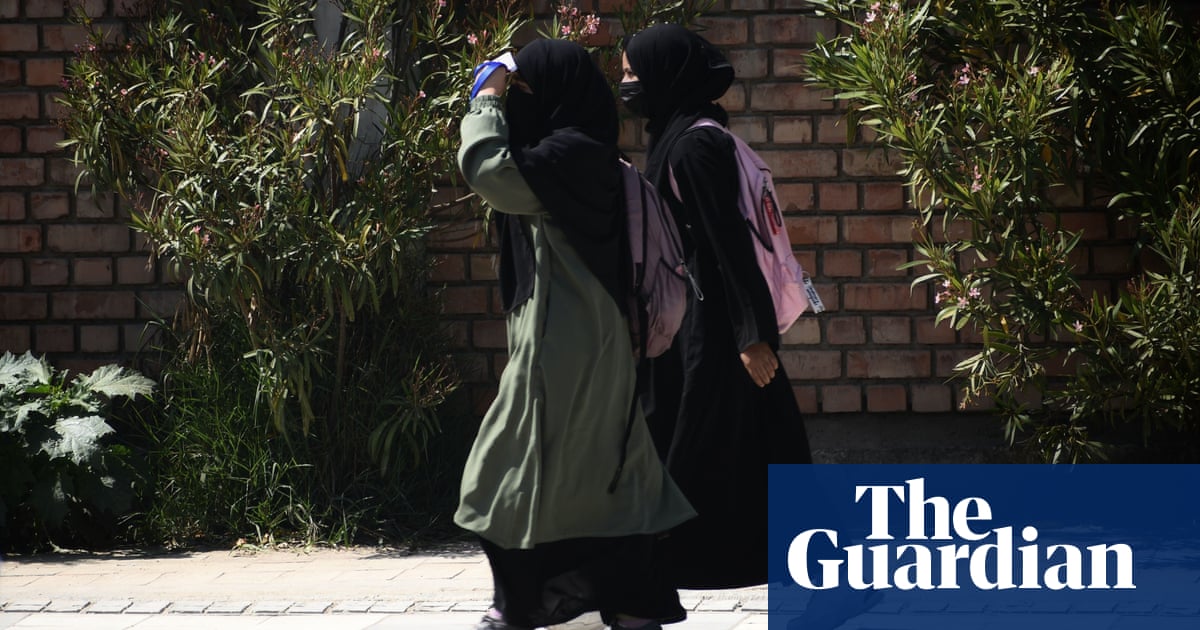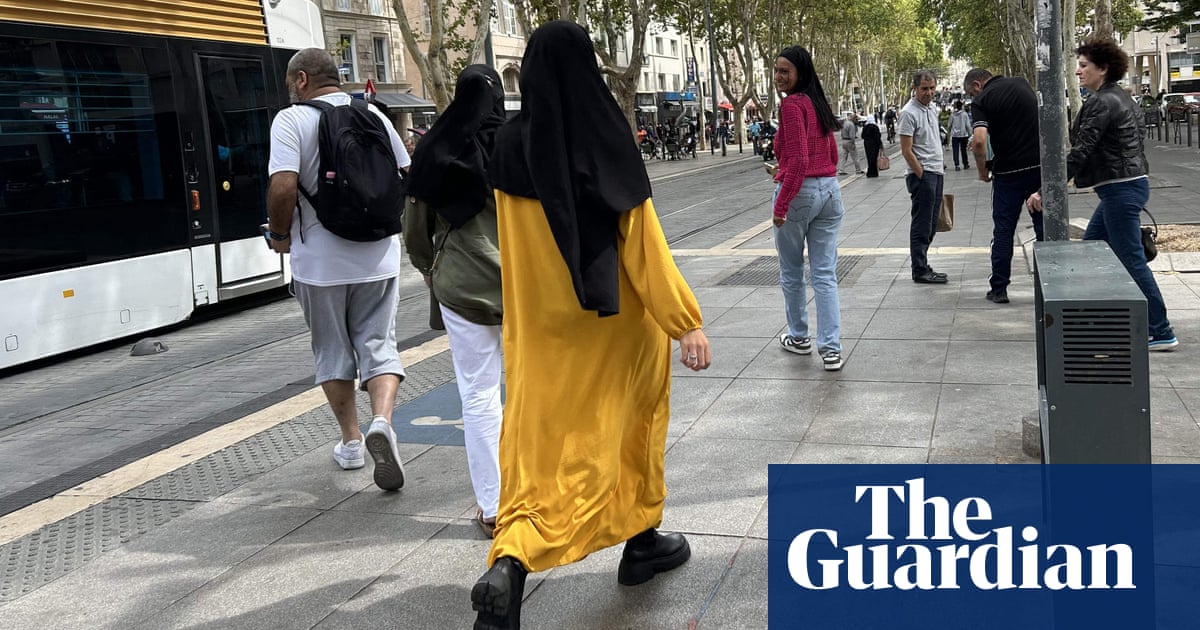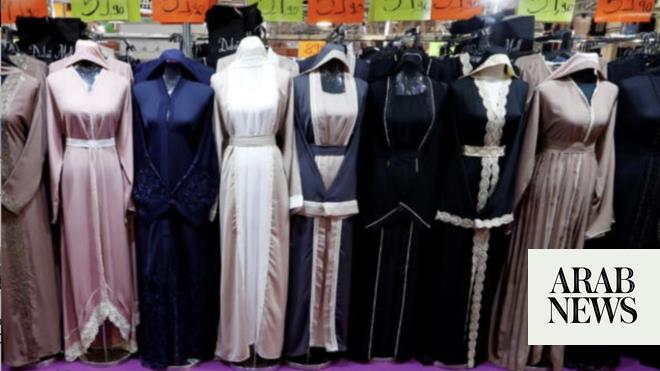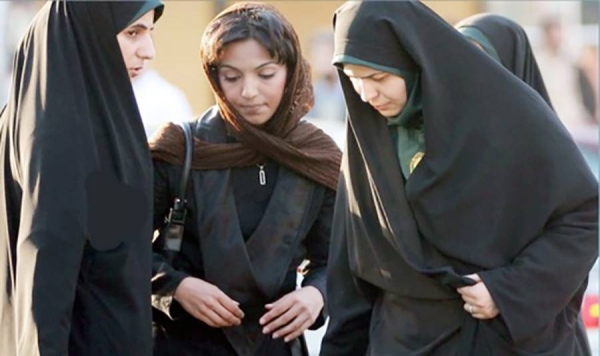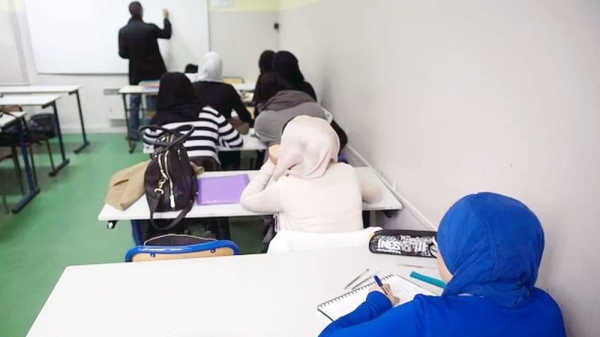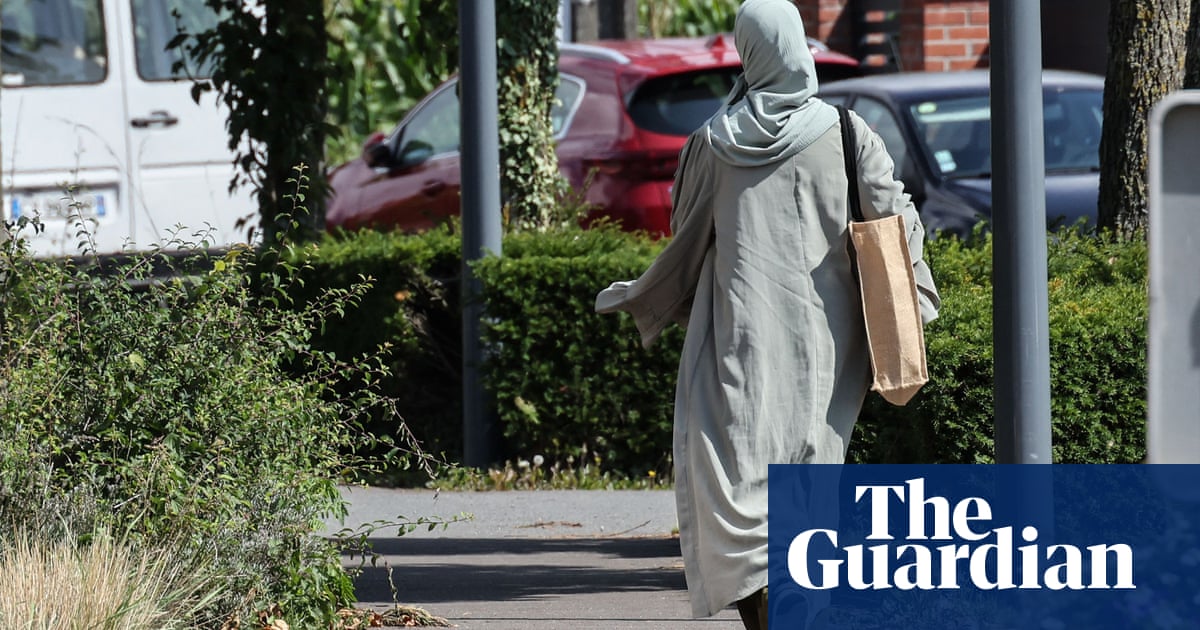
France’s top administrative court has upheld a government ban on girls in state schools wearing abayas, rejecting complaints that it was discriminatory and could incite hatred.
The government announced just before schools reopened this week that the abaya, a long, flowing dress worn by some Muslim women, would no longer be allowed because it violated the French principle of secularism, or laïcité.
An association representing Muslims – Action for the Rights of Muslims (ADM) – had filed an urgent motion with the state council, France’s highest court for complaints against state authorities. They called for an injunction against the ban, saying it was discriminatory and could incite hatred against Muslims, as well as racial profiling.
The association argued the ban contravened children’s rights by “principally targeting children presumed to be Muslim, creating a risk of ethnic profiling at school”.
ADM’s lawyer, Vincent Brengarth, said the abaya should be considered a traditional garment, not a religious one, and the government was trying to use the ban for political advantage. The ADM president, Sihem Zine, said the rule was “sexist” because it singled out girls and targeted those of North African or African heritage.
But after examining the motion for two days the state council rejected the arguments.
It said wearing the abaya “follows the logic of religious affirmation”, adding that the decision was based on French law, which does not allow anyone to wear visible signs of any religious affiliation in schools.
The ban by the government did not, it said, cause “serious or obviously illegal harm to the respect for personal lives, freedom of religion, the right to education, the wellbeing of children or the principle of non-discrimination”.
The government’s ban on abayas, strongly supported by the president, Emmanuel Macron, has caused a political row over France’s secularism rules and whether they discriminate against the country’s Muslim minority.
The French republic is built on a strict separation of church and state, intended to foster equality for all private beliefs. But over the past 20 years, state schools – where there are no uniforms and children can dress as they please – have increasingly become the focus of rows over secularism. In 2004, a law banned the wearing of ostensibly religious symbols in schools. This included the Islamic headscarf, Jewish kippas, Sikh turbans and large Christian crosses.
Until now, baggy dresses, abayas or long skirts have been seen as a grey area that is difficult to regulate. Muslim groups have said that abayas are not required religious attire and some on the left have warned that girls in plain long skirts or dresses could be unfairly singled out.
Ahead of the ruling, the French Council of the Muslim Faith (CFCM), an official body representing Muslims in France, had warned that banning the abaya could create “an elevated risk of discrimination” and said it was considering putting its own complaint before the state council.
The absence of “a clear definition of this garment creates vagueness and legal uncertainty”, it said.
The education ministry said the abaya made its wearers “immediately recognisable as belonging to the Muslim religion” and therefore ran counter to France’s secular culture in schools.
On the first day of the academic year on Monday, French schools sent dozens of girls home for refusing to change out of their abayas or long dresses. Nearly 300 schoolgirls defied the ban, the education minister, Gabriel Attal, said. Most agreed to change clothes but 67 refused and were sent home, he said.
Macron this week sparked criticism from the left when he defended the abaya ban and said there was a “minority” in France who “hijack a religion and challenge the republic and secularism”, leading to the “worst consequences” such as the murder three years ago of teacher Samuel Paty for showing caricatures of the prophet Muhammad during a civics education class.
“We cannot act as if the terrorist attack, the murder of Samuel Paty, had not happened,” Macron said in an interview with the YouTube channel HugoDécrypte.
Politicians on the left accused Macron of conflating a long, loose dress with terrorism. Olivier Faure, the Socialist party leader, said the comparison was “shameful” and “dangerous”. Aurélien Taché, who left Macron’s party to join the environmental left, said it was a “repugnant link” and criticised what he called “racist shortcuts” borrowed from ideas of the far right.





